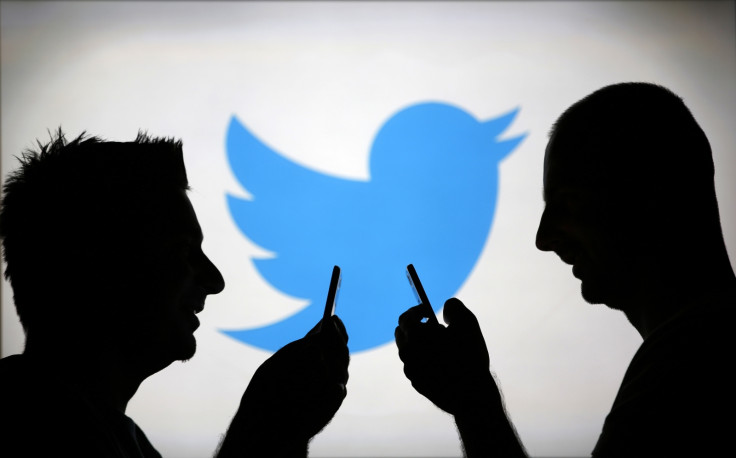Twitter abuse: Clampdown on malicious private info sharing, fake accounts, and self-harming
Improved abuse-reporting measures see Twitter tackle doxing, impersonation and incidents of self-harm

Twitter has commenced a clampdown on the sharing of private information about users on its service, a move which coincides with a tripling of staff employed to deal with abuse reports.
The service will now also pay closer attention to reports of impersonation and self-harm among its community of millions of users.
Known as "doxing", the sharing of personal information of strangers online can include their name, age, date of birth, phone number, email address, home address, social network handles, financial details and more.
Following a simplification of its abuse reporting process in December 2014, Twitter now lets users - either those directly targeted, or bystanders - state which account is being doxed and exactly what personal information is being posted online.
The reporter must then provide the account name of the abuser and links to specific offending tweets.
Tina Bhatnagar, vice president of user services at Twitter, said in a blog post that the changes are rolling out now and should reach all users in the coming weeks.
Bhatnagar added that in the last six months Twitter now "reviews five times as many user reports as we did previously, and we have tripled the size of the support team focused on handling abuse reports...while we review many more reports than ever before, we've been able to significantly reduce the average response time to a fraction of what it was, and we see this number continuing to drop."
Twitter is also adding several new "enforcement actions" for use against certain accounts which violate its rules. Invisible to the vast majority of rule-abiding users, the actions will give Twitter new ways of acting against abusive accounts.
Sources at Twitter told Ars Technica that these actions include a verification system where certain abusive users who have been blocked from Twitter will be asked to provide either an email address or phone number to regain access to their account.
The changes come after Twitter CEO Dick Costolo said in an interview with the New York Times: "Some people believe that Twitter hasn't taken the issue seriously because harassment isn't a form of physical harm – they're just tweets. No, that's not true at all. We've always taken it seriously.
"We've drawn a line on what constitutes harassment and abuse. I believe that we haven't yet drawn that line to put the cost of dealing with harassment on those doing the harassing. It shouldn't be the person who's being harassed who has to do a lot of work."
The changes, described by Bhatnagar as the social network's "latest stop in our long-term approach," come just weeks after a leaked internal forum post written by Costolo said: "We suck as dealing with abuse and trolls on the platform, and we've sucked at it for years."
Although welcome news for users affected by Twitter abuse and doxing, the improvements still fail to address an abuser's ability to simply create a new account - with a new email address - each time they are blocked from the service.
© Copyright IBTimes 2024. All rights reserved.






